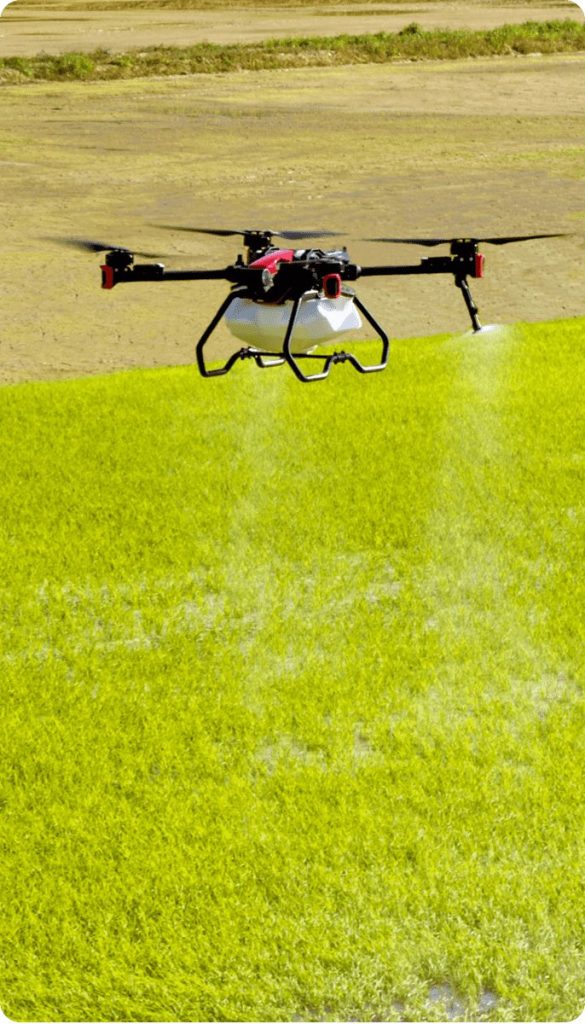Efficient irrigation is essential for maximizing crop yields while conserving water resources. Agricultural drones have emerged as game-changers in this aspect of farming, providing real-time data and insights that enable farmers to optimize their irrigation practices. In this article, we will explore how agricultural drones are enhancing irrigation efficiency in agriculture.
Traditional irrigation methods often rely on fixed schedules or manual assessment of soil moisture. These methods can lead to over-irrigation or under-irrigation, resulting in water wastage or crop stress. Agricultural drones equipped with advanced sensors can offer a more precise and data-driven approach to irrigation.
Agricultural drones can collect data on soil moisture levels, temperature, and other relevant factors across the entire field. This data is transmitted to a central system or analyzed on the spot, allowing farmers to make immediate decisions regarding irrigation. By tailoring irrigation to the specific needs of each area within the field, water use is optimized.
In regions facing water scarcity, efficient irrigation is crucial for ensuring sustainable agriculture. Agricultural drones help reduce water consumption by preventing over-irrigation and addressing dry spots where water is needed most. This not only conserves water resources but also reduces operational costs for farmers.
Drones also play a role in precision irrigation, where water is applied with the right timing and in the right amounts. By monitoring soil conditions and crop development, drones can help farmers determine when and how much water to apply. This can prevent water stress during critical growth stages and ultimately lead to higher crop yields.
In addition to optimizing irrigation, drones can identify irrigation system issues, such as leaks or clogs in pipes, and provide information for timely maintenance. This proactive approach helps avoid costly breakdowns and ensures the irrigation system operates smoothly.
In conclusion, agricultural drones are transforming the way farmers manage irrigation, making it more efficient and sustainable. By providing real-time data and insights, drones enable precision irrigation, reduce water wastage, and contribute to higher crop yields. As the technology continues to advance, the role of drones in irrigation management is expected to expand, helping farmers address water-related challenges in agriculture.







Please sign in to comment
register